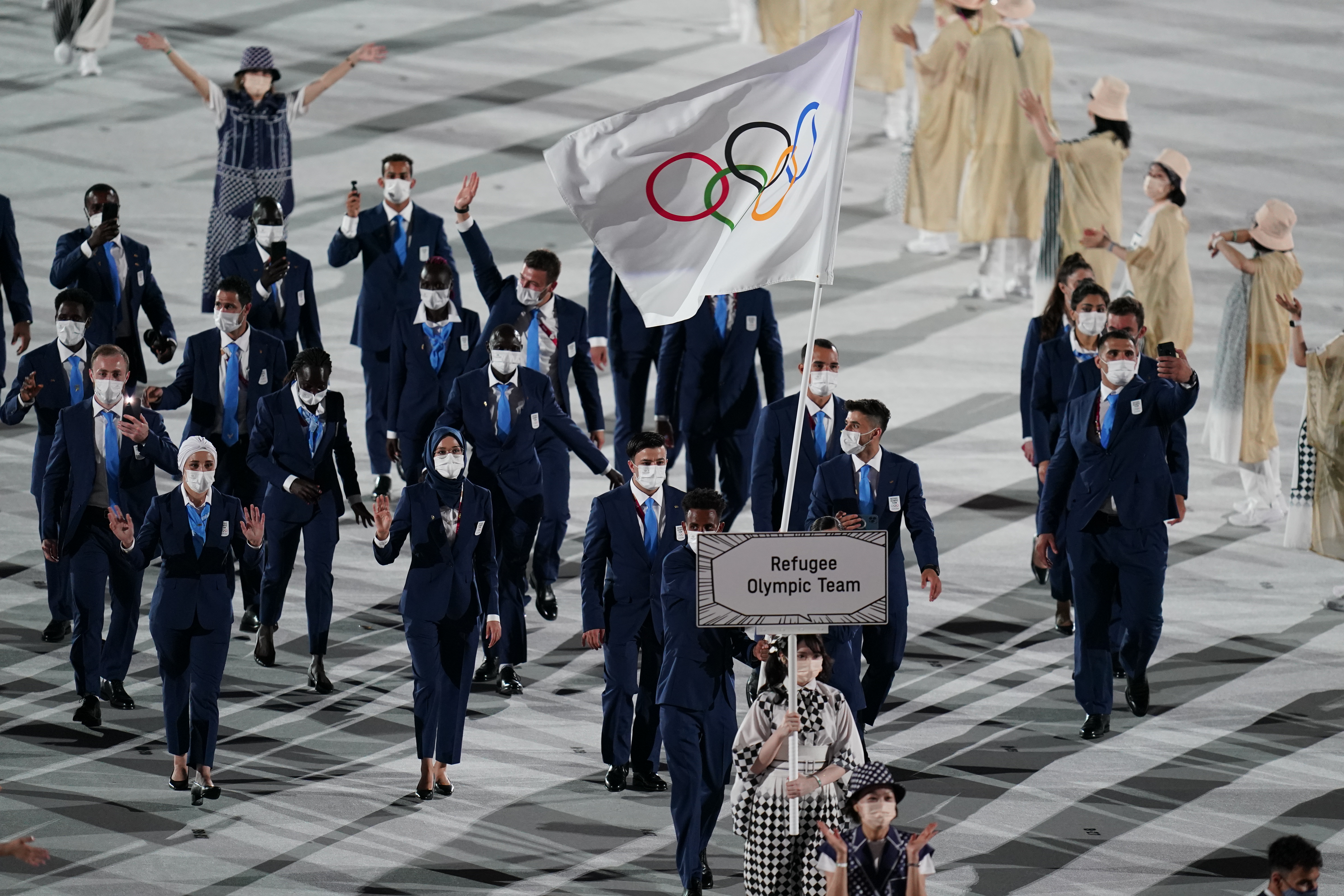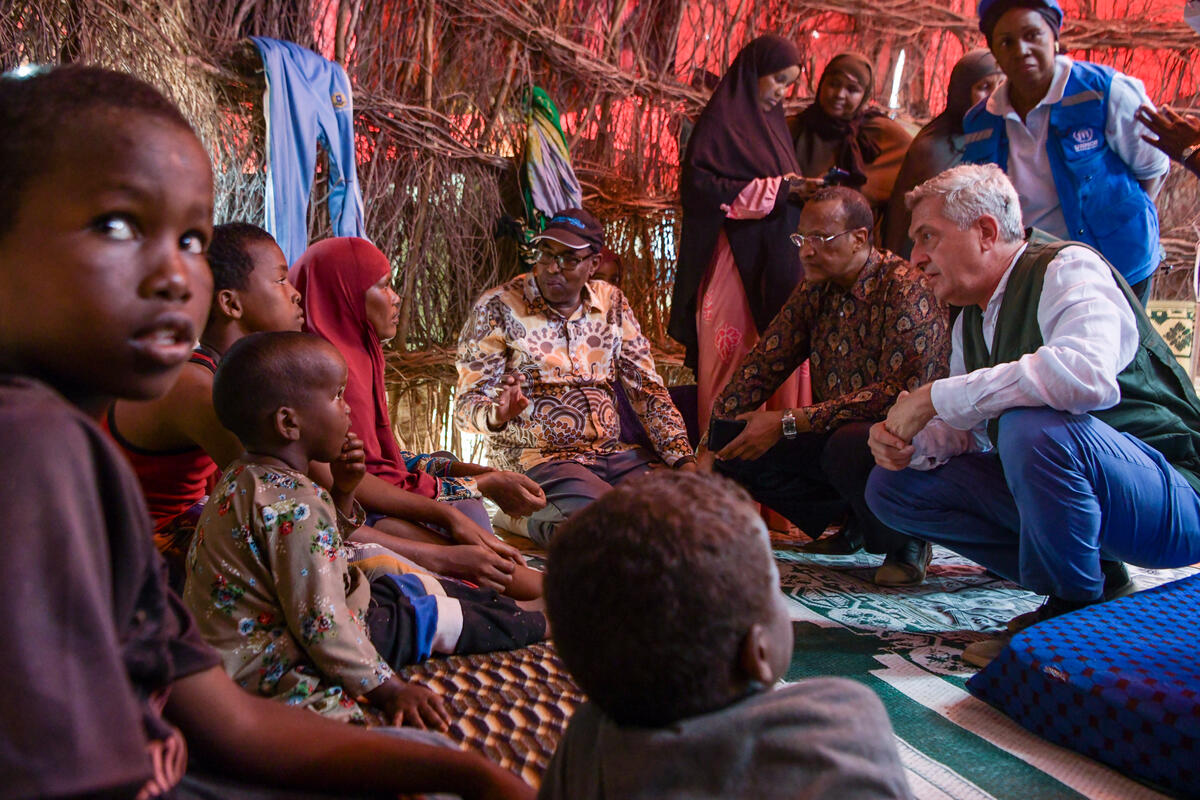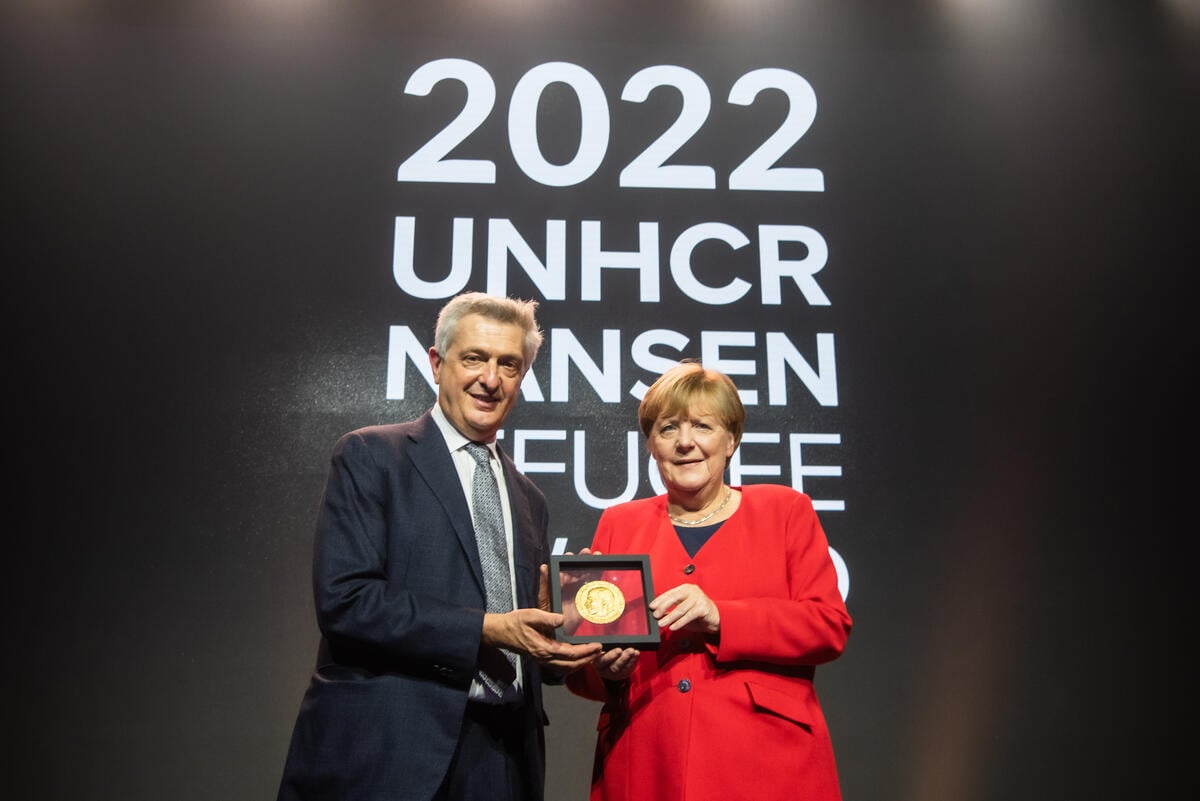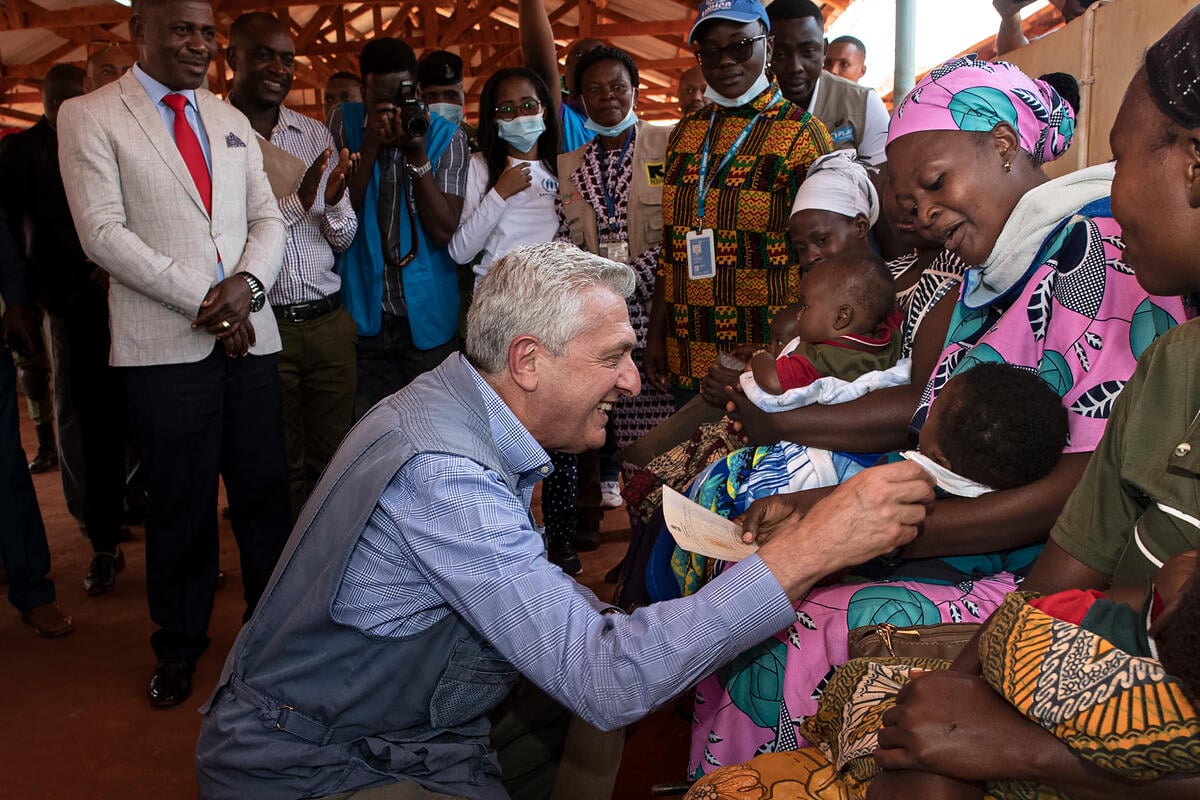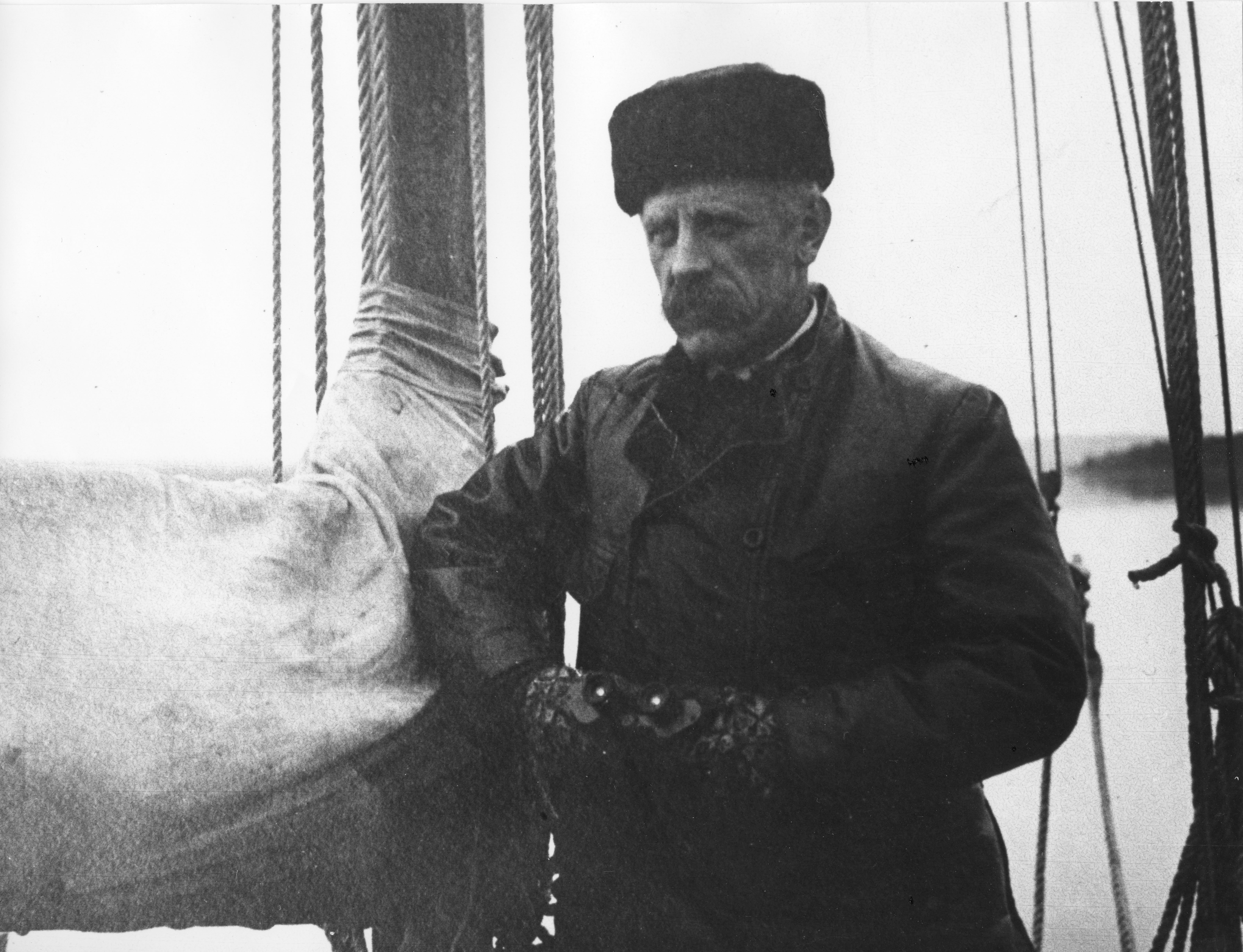Match resettlement commitments with action: UN Refugee Chief
Match resettlement commitments with action: UN Refugee Chief
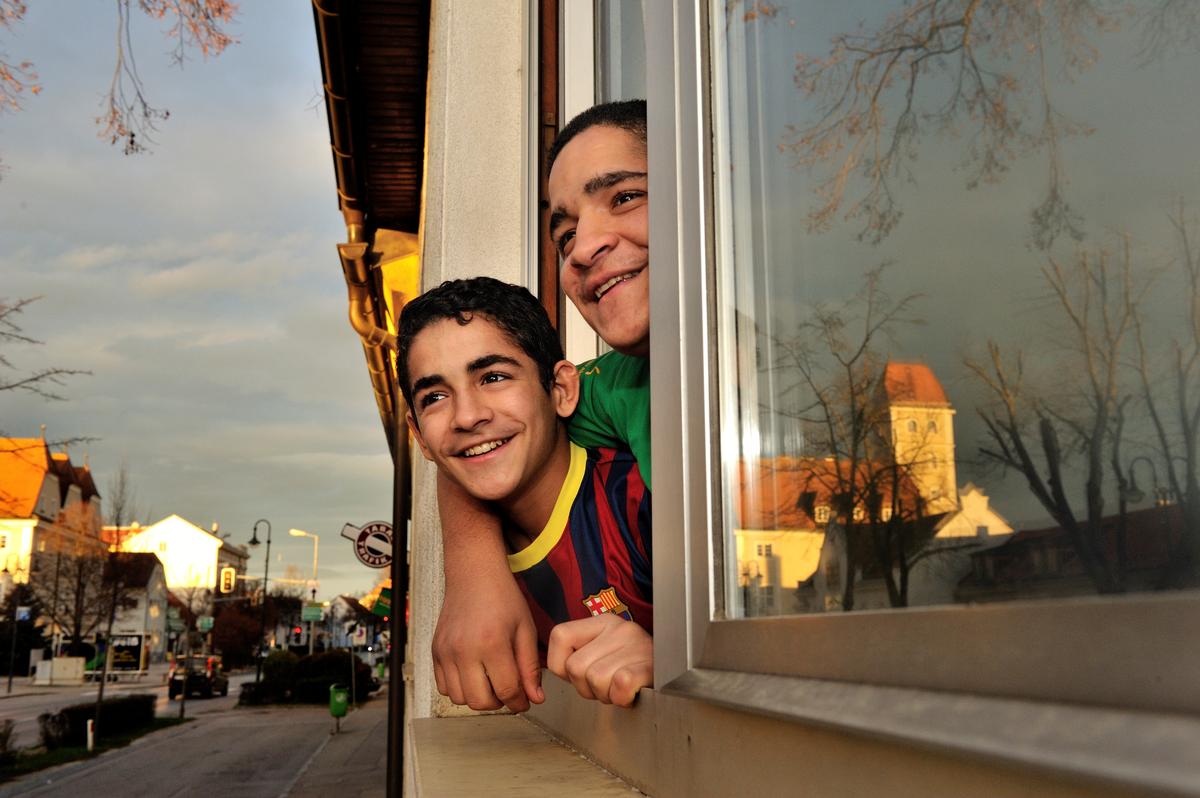
As global resettlement needs grow alongside rising refugee numbers, UN High Commissioner for Refugees Filippo Grandi today called for a massive increase in places available for refugees in third countries.
At the opening of UNHCR’s annual resettlement consultations with governments and non-governmental organizations in Geneva, Grandi urged governments around the world to step up and deliver places for refugees in line with commitments made in the New York Declaration, signed nine months ago by all 193 Member States of the United Nations.
“The fact is global resettlement needs today far outweigh the places made available by governments by a factor of 13 to one, despite more countries taking part in the programme and an increase in private sector and community involvement,” said Grandi.
Close to 1.2 million refugees need resettling globally, but only 93,200 places in resettlement countries are expected to be available this year – 43 per cent fewer than in 2016. For refugees from sub-Saharan Africa the situation is especially acute – with just 18,000 available places for more than half a million refugees.
“The New York Declaration was a milestone in global solidarity with refugees and the mainly developing countries which host almost 9 in 10 of them. But true sharing of responsibility requires places for refugees in third countries on a scale in line with the needs. We need urgent action to get there,” Grandi said.
UNHCR’s report Projected Global Resettlement Needs 2018 estimates some 1.2 million refugees need a third country solution in the coming year – a slight increase from the previous year. This includes more than 510,000 refugees in 34 different countries across Africa, some 280,000 in the Middle East, 302,000 in Europe (mostly in Turkey), over 100,000 in Asia and some 1,800 in the Americas.
The UNHCR report tabled at today’s meeting notes that the widening gap between needs and places in 2017 follows a year of several positive achievements in the global resettlement programme.
In 2016, UNHCR submitted more than 162,500 refugees for resettlement - the highest number in 20 years - and more than 125,800 started new lives in third countries. Almost half of the refugees submitted were Syrians, while 44,000 were from sub-Saharan Africa – the highest from this region in almost 15 years.
The number of resettlement states grew to 37 in 2016, with some European governments setting up programmes for the first time and Argentina and Brazil, amongst others, making new commitments to resettle Syrian refugees. UNHCR and IOM launched a support mechanism to help the new resettlement states, with support from donors.
Grandi also welcomed the increase of community and private sponsorship programmes, urging all partners to support ways to provide additional places for refugees.
“Despite the rhetoric against refugees in some quarters we have also seen an outpouring of good will, with ordinary citizens sponsoring refugees to live in their countries, inviting them into their homes and helping them to find jobs,” Grandi added, noting that the increased engagement of civil society and the private sector embodies the spirit of the New York Declaration, which calls for all parts of society to play a role in the global response to large movements of refugees.
“Resettlement places not only help those refugees who face extreme difficulty in their first country of asylum, but are an important gesture of solidarity with countries hosting large numbers of refugees.”
The New York Declaration for Refugees and Migrants was adopted on 19 September 2016 by 193 Member States of the United Nations. In the Declaration, and the annexed Comprehensive Refugee Response Framework (CRRF), governments committed – amongst other objectives - to work on increasing resettlement places and other legal pathways for admission of refugees on a scale that would match the annual resettlement needs identified by UNHCR.
Refugees in need of resettlement are those people identified by UNHCR as having particular problems in the countries where they have sought refuge because their life, liberty, safety, health or other fundamental rights are at risk.
Further information:
- UNHCR Projected Global Resettlement Needs in 2018
- UNHCR Resettlement Data Portal
- New York Declaration for Refugees and Migrants
Media contacts:
- Ariane Rummery in Geneva on +41 79 200 7617 (mobile) or [email protected]
- Andrej Mahecic in Geneva on +41 79 642 9709 (mobile) or [email protected]


